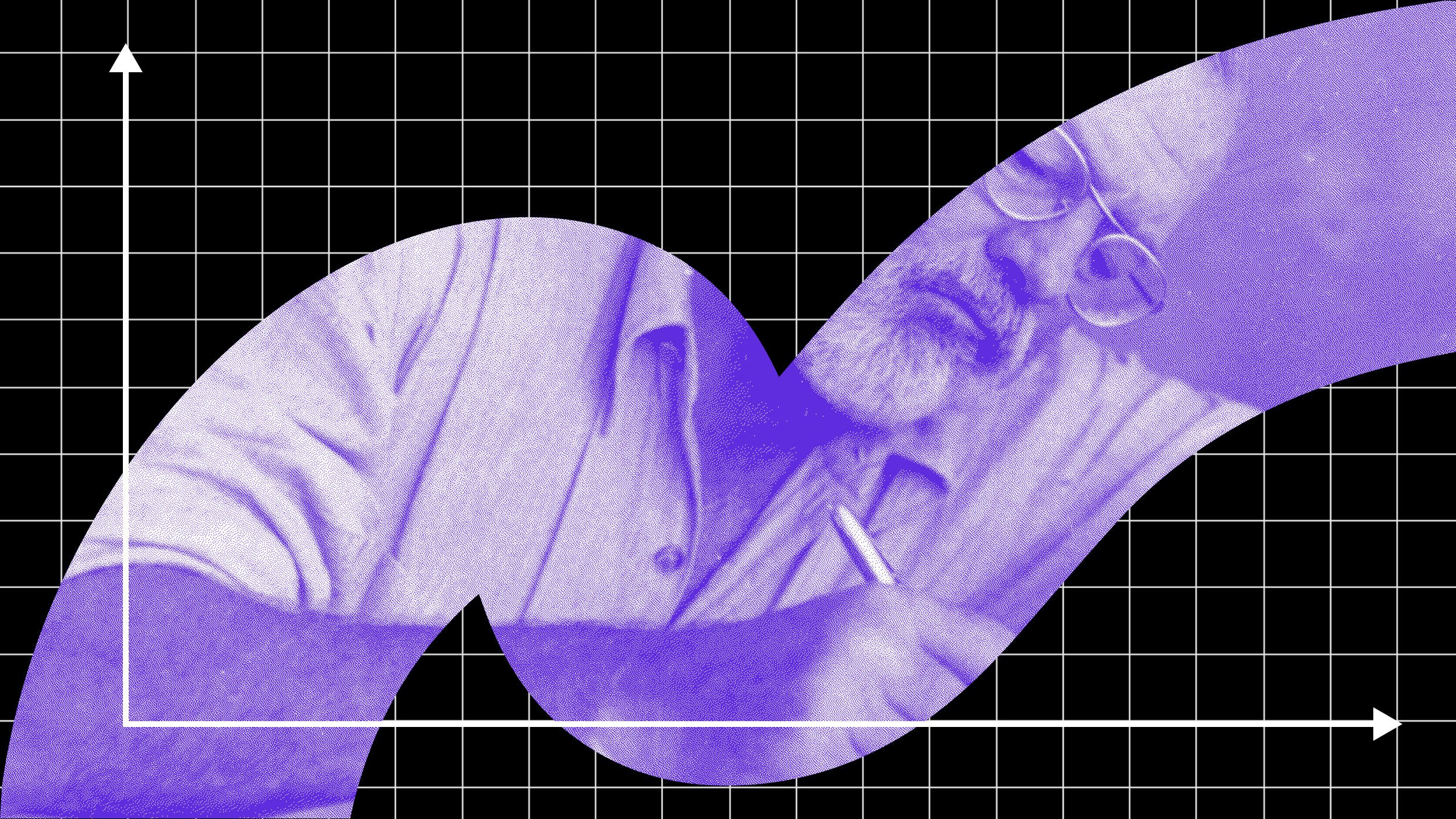Your Time-Zone May Be Affecting How You Sleep

What is the Big Idea?
Human beings have biological clocks that are set to the path of the sun. But our modern lives disrupt this synchronization of internal and social clocks, causing permanent jet lag that might be the source of severe pathologies.
Till Roenneberg, Interim Director of the Institute of Medical Psychology Team at Munich University, led the study of the sleeping behavior of several thousand Germans who were on vacation and without social or work obligations, in order to understand sleep phases.
What is the Significance?
Roenneberg studied those who were in east and west Germany. The study shows that the average mid-sleep moment varies by four minutes for each degree of longitude. This means that the mid-sleep moment for Germans who live near the western border happens 36 minutes after the midsleep moment of Germans who live along the eastern border.
“This would seem to make sense, given that the sun takes exactly four minutes to move by each degree of longitude,” according to La Stampa. “The issue, though, is that time zones are not strictly based on this path. The time zone in eastern and western Germany is in fact the same. As a consequence, people who live on the western edge of a time zone suffer from sleep deprivation. The social jet leg is the exhaustion produced by this gap, and might lead to chronic disorders.”





